Journal list menu
Export Citations
Download PDFs
Issue Information
Editorials
The importance of quality management systems in nuclear medicine departments
- Pages: 167-169
- First Published: 20 April 2024
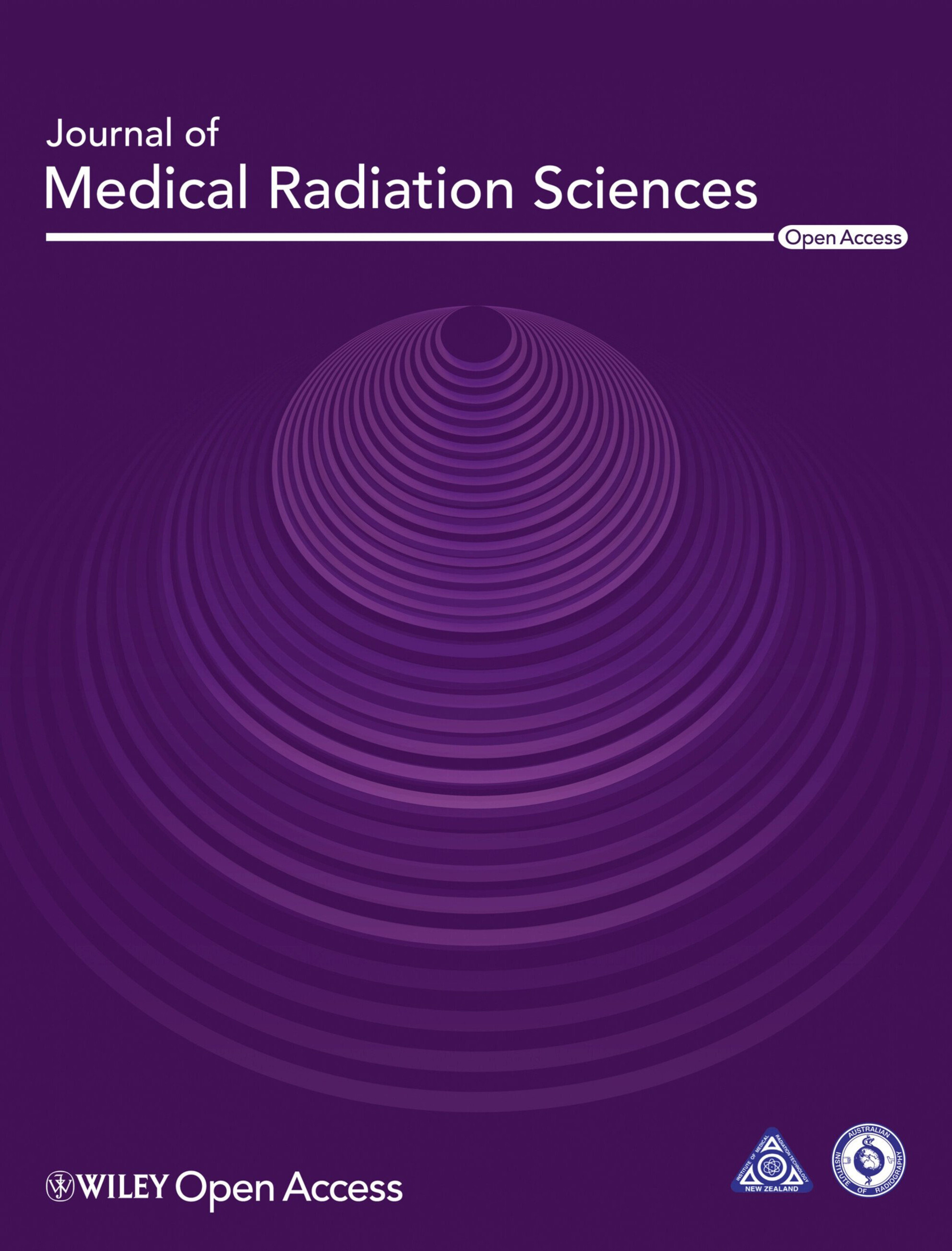
Quality management systems (QMS) in nuclear medicine is an essential component of the Quality program and is instrumental in the safe delivery of a high standard clinical service. The IAEA QUANUM program is a nuclear medicine specific audit program that can be used to assess the standards of a nuclear medicine department and its service delivery. Regular internal and external audits are encouraged as part of the QMS.
Partnering with Consumers – Why would I do it? What is it? How do I do it?
- Pages: 170-173
- First Published: 26 March 2024
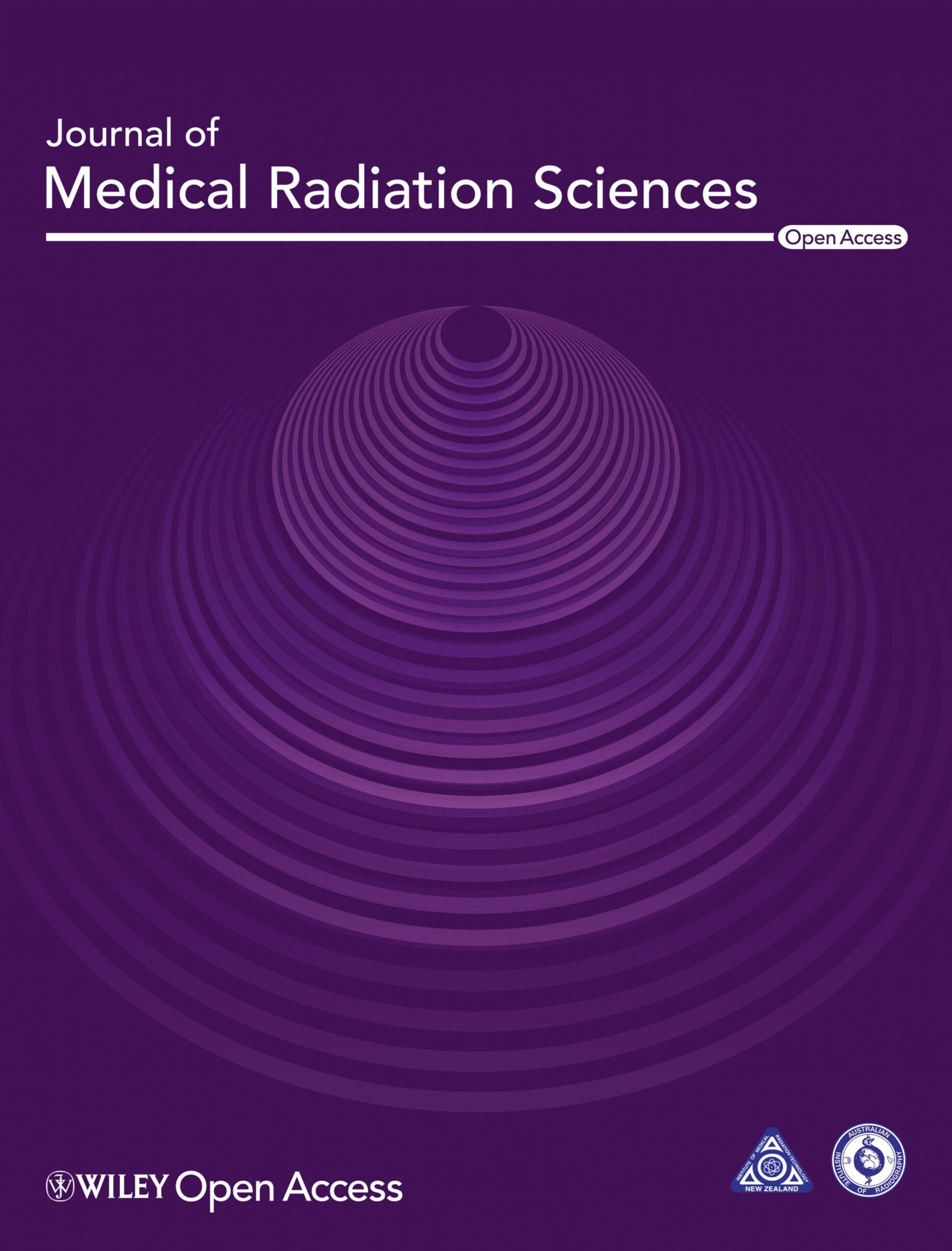
Health care and research are increasingly mandating consumer involvement in the planning, design and evaluation of services, quality projects and research. The editorial reviews the Australian progress with accreditation processes in research and provides practical direction in an area that is unfamiliar to many researchers and clinicians.
Artificial Intelligence and the future of radiotherapy planning: The Australian radiation therapists prepare to be ready
- Pages: 174-176
- First Published: 20 April 2024
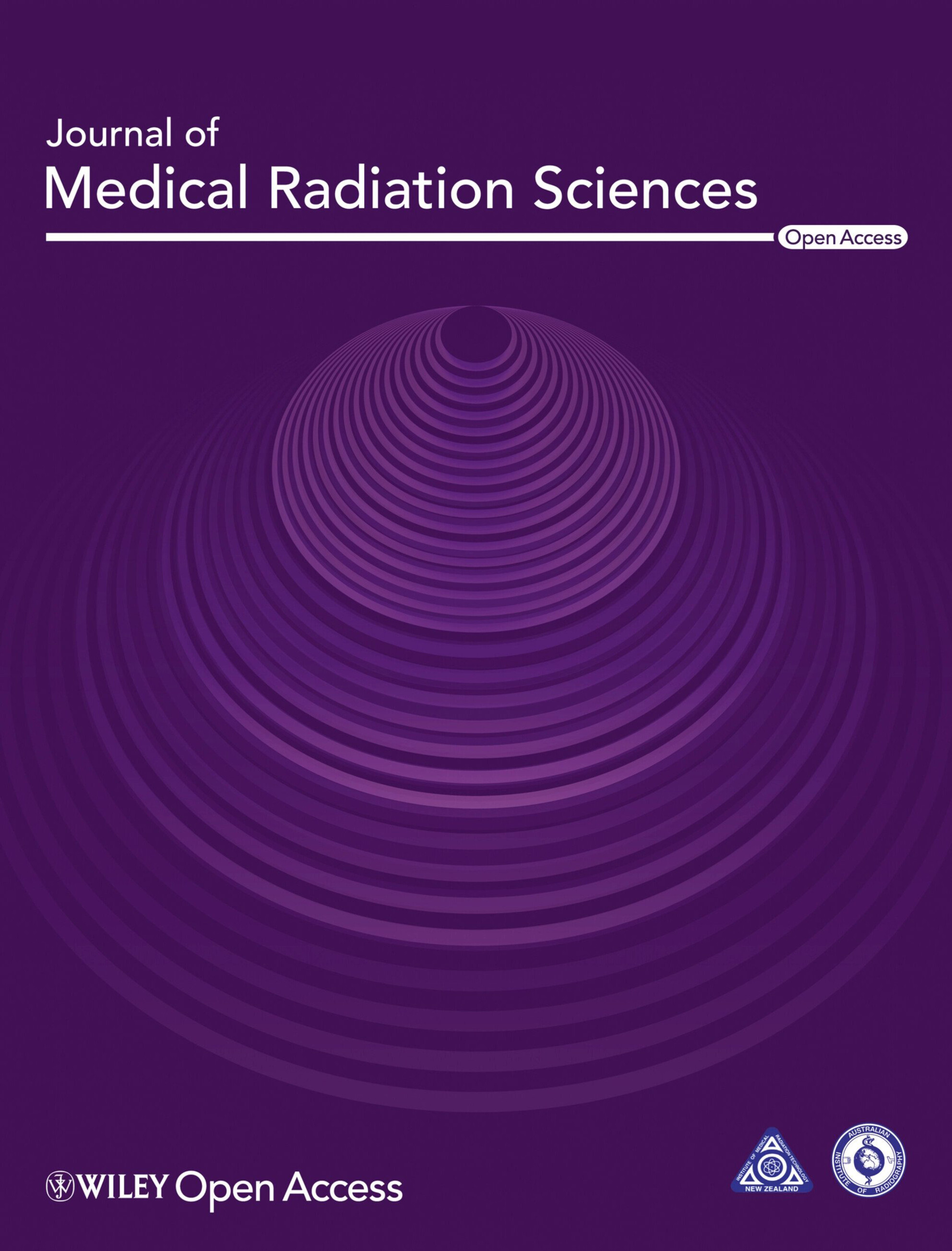
The use of artificial intelligence (AI) solutions is rapidly changing the way radiation therapy tasks, traditionally relying on human skills, are approached by enabling fast automation. This evolution represents a paradigm shift in all aspects of the profession, particularly for treatment planning applications, opening up opportunities but also causing concerns for the future of the multidisciplinary team. In Australia, radiation therapists (RTs), largely responsible for both treatment planning and delivery, are discussing the impact of the introduction of AI and the potential developments in the future of their role. As medical physicists, who are part of the multidisciplinary team, in this editorial we reflect on the considerations of RTs, and on the implications of this transition to AI.
Original Articles
The impact of a prophylactic skin dressing on surface-guided patient positioning in chest wall Radiation Therapy
- Pages: 177-185
- First Published: 25 March 2024
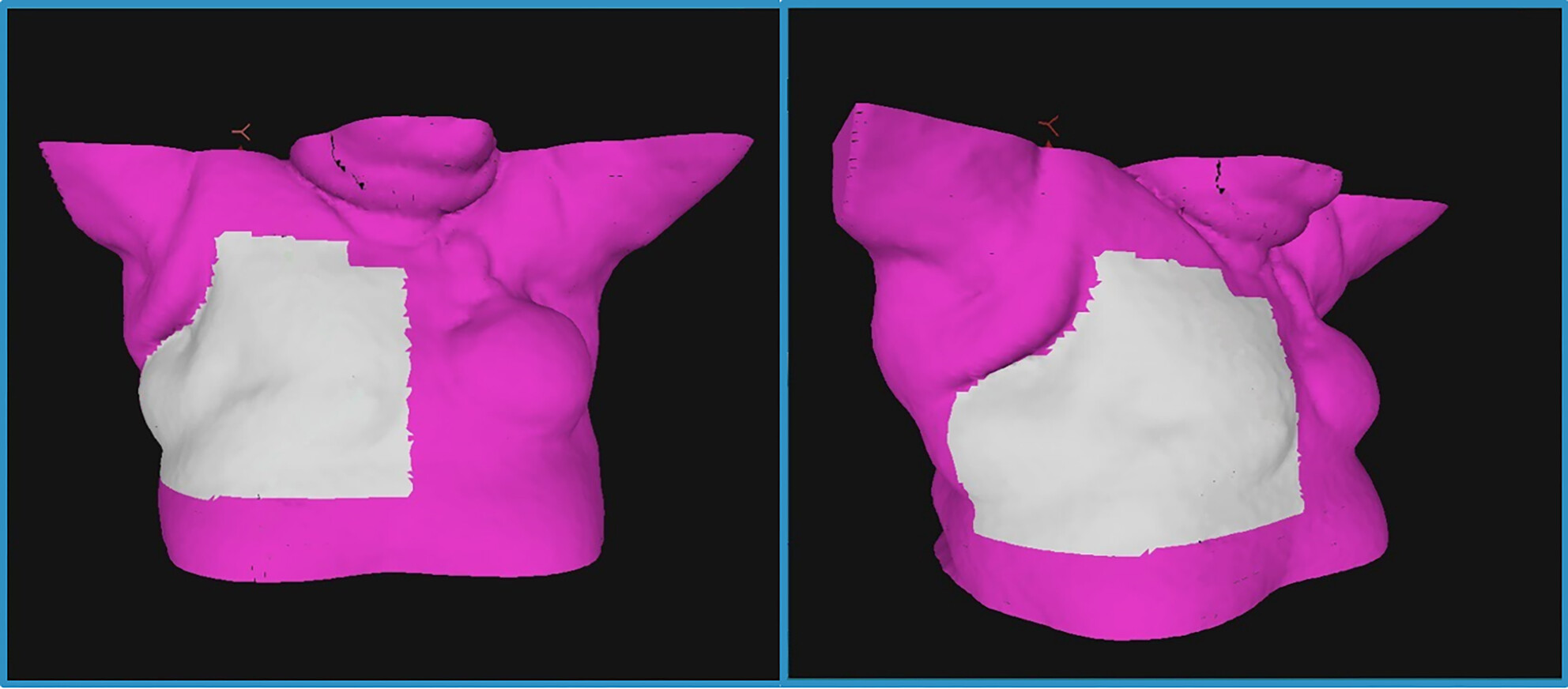
Surface-guided radiation therapy is used widely for chest wall radiation therapy (RT). This paper investigated whether Mepitel, a barrier film commonly used to prevent radiation dermatitis, can impact the accuracy of surface-guided patient setups in chest wall RT by analysing image-guided RT trends. Whilst a statistically significant impact was found, it is unlikely to be clinically significant.
Quality audits of nuclear medicine practices in a middle-income African setting
- Pages: 186-193
- First Published: 27 November 2023
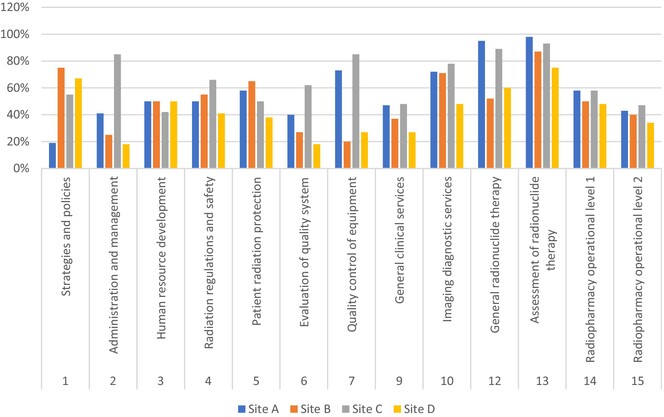
The absence of Quality Management Audits in Nuclear Medicine departments could potentially result in a compromise in the safety and quality of patient care. This study used the International Atomic Energy Agency audit criteria of the Quality Management Audits in Nuclear Medicine programme to evaluate each department's overall conformance in a middle-income African country.
Effect of using different strips on reducing the most common error in panoramic imaging: A randomised controlled trial on palatoglossal air space shadow
- Pages: 194-202
- First Published: 07 February 2024
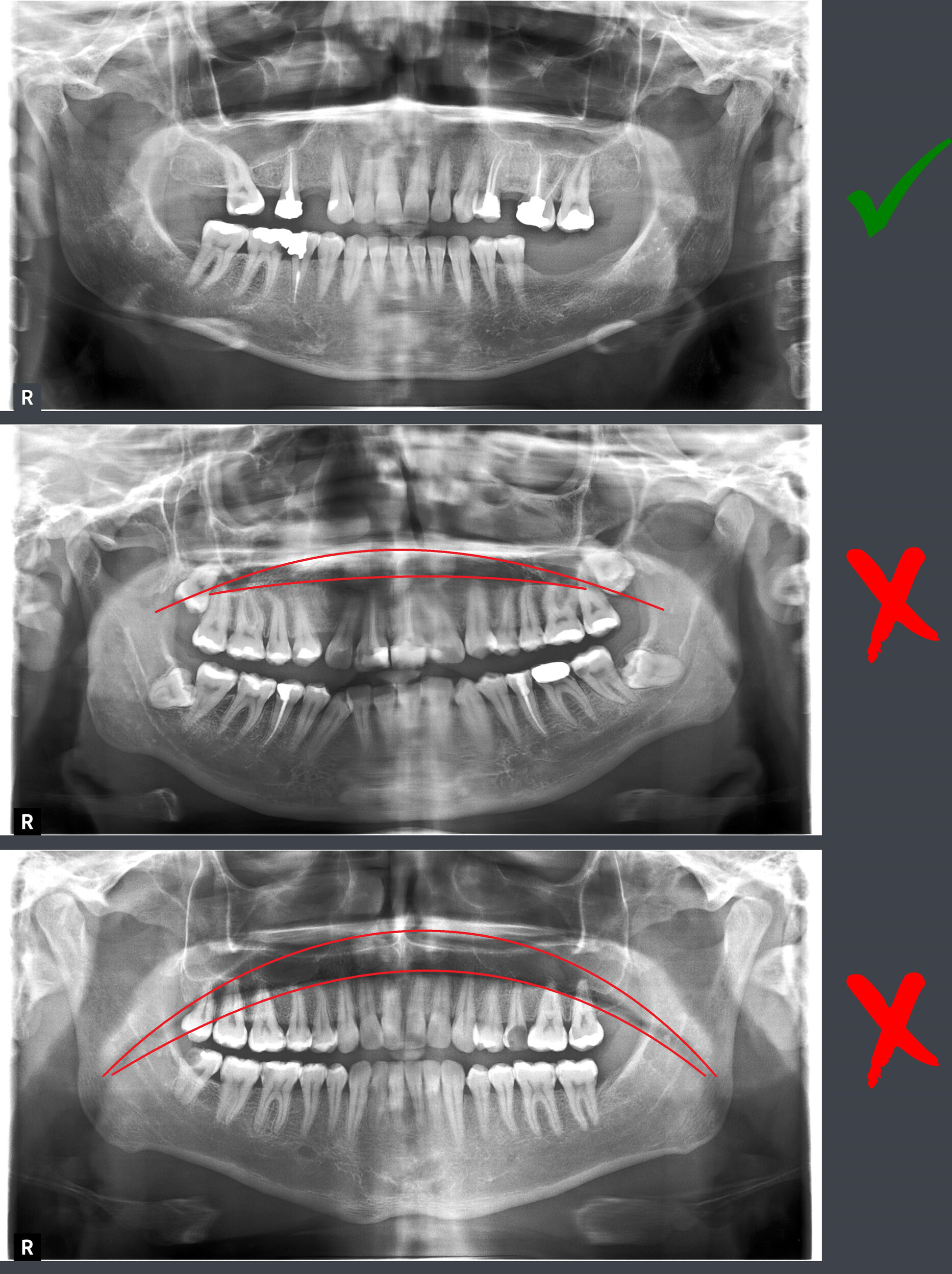
Patients (n = 270) were randomised into three groups to investigate the effect of using celluloid matrix and edible tapes (fruit leather and chewing gum) on reducing the palatoglossal air space shadow error in panoramic imaging. Results showed that the number of error-free images in each group was significantly higher than the control group, with the fruit leather groups having the highest chance of error-free images (9.57 times). The age and gender had no significant effect on the results of interventions.
A wellbeing podcast for diagnostic radiography students
- Pages: 203-213
- First Published: 25 March 2024

This study aimed to explore radiography students' perception of the newly developed podcast series as a wellbeing support tool. A mixed methods study was conducted analysing data from listeners, including usage data from the podcast host site, surveys, and focus groups. This study demonstrated students' positive perceptions of a podcast for self-directed engagement with wellbeing topics during clinical placements.
Barriers to radiographers' use of radiation safety principles: A qualitative perspective
- Pages: 214-221
- First Published: 08 January 2024
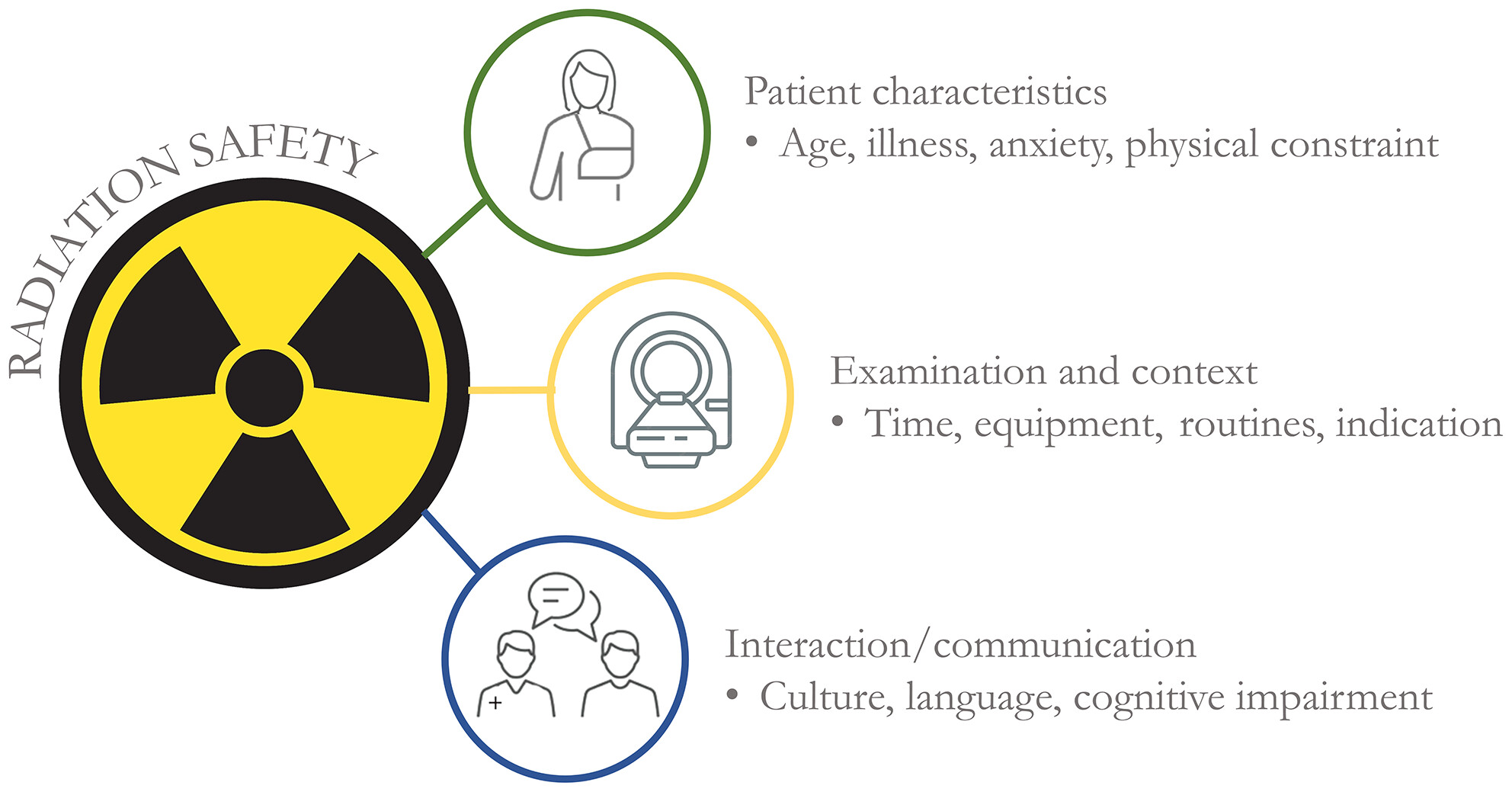
To minimise the risks associated with ionizing radiation, it is necessary for the radiographer to use radiation dose reduction measures. This qualitative study is based on a cross-sectional electronic survey with open-ended questions that were responded by 111 radiographers. The barriers for using dose reduction measures were mainly related to the patient experiencing pain, communication difficulties, and cultural reasons.
Perspective of radiography science – a document analysis of dissertations
- Pages: 222-232
- First Published: 12 February 2024
Diagnostic value of colour Doppler ultrasound in differentiating malignant and benign nodules in thyroiditis background
- Pages: 233-239
- First Published: 12 February 2024
Estimation and comparison of the effective dose and lifetime attributable risk of thyroid cancer between males and females in routine head computed tomography scans: a multicentre study
- Pages: 240-250
- First Published: 12 January 2024
Introducing fitting models for estimating age-specific dose and effective dose in paediatric patients undergoing head, chest and abdomen–pelvis imaging protocols: a patient study
- Pages: 251-260
- First Published: 07 March 2024
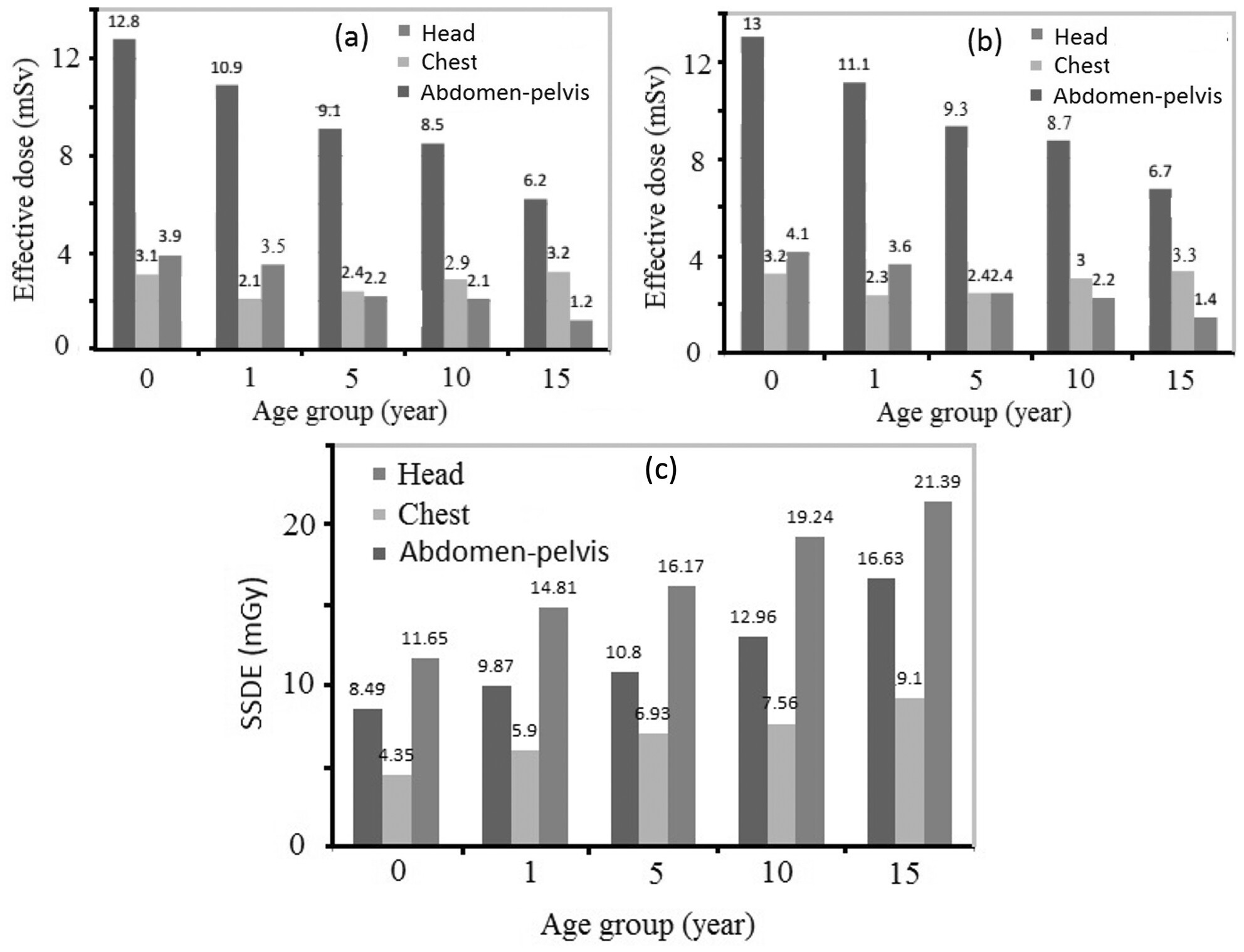
Our study proposes an innovative approach to estimate patient dose in pediatric imaging by considering age and scan protocol, utilizing effective dose (ED) and age-specific dose estimate (ASDE). Through the evaluation of three organs across a cohort of over 500 paediatric patients, our method demonstrates robustness and reliability. The results obtained align satisfactorily with the standards set forth in AAPM reports No. 204 and 220, highlighting the method's validity and potential applicability in pediatric radiology practice.
Review Articles
Exploring software navigation tools for liver tumour angiography: a scoping review
- Pages: 261-268
- First Published: 02 February 2024
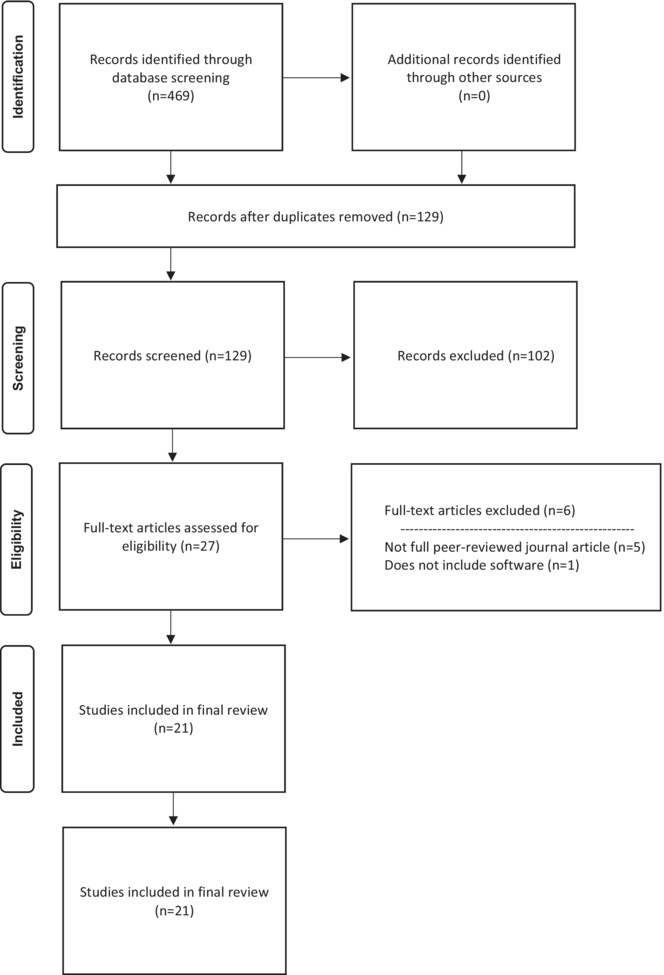
The paper discusses the use of advanced software navigation in interventional oncology for liver cancer treatment, focusing on its potential benefits, such as increased precision and reduced radiation exposure. Through a scoping review of 21 studies, it highlights how software-guided interventions can improve precision, reduce procedural time, lower radiation exposure and minimise contrast media usage. The paper concludes that integrating software navigation into angiography procedures holds promise for enhancing liver cancer treatment, provided that appropriate training and adaptation of practices occur.
A systematic review of brain metastases from lung cancer using magnetic resonance neuroimaging: Clinical and technical aspects
- Pages: 269-289
- First Published: 18 January 2024
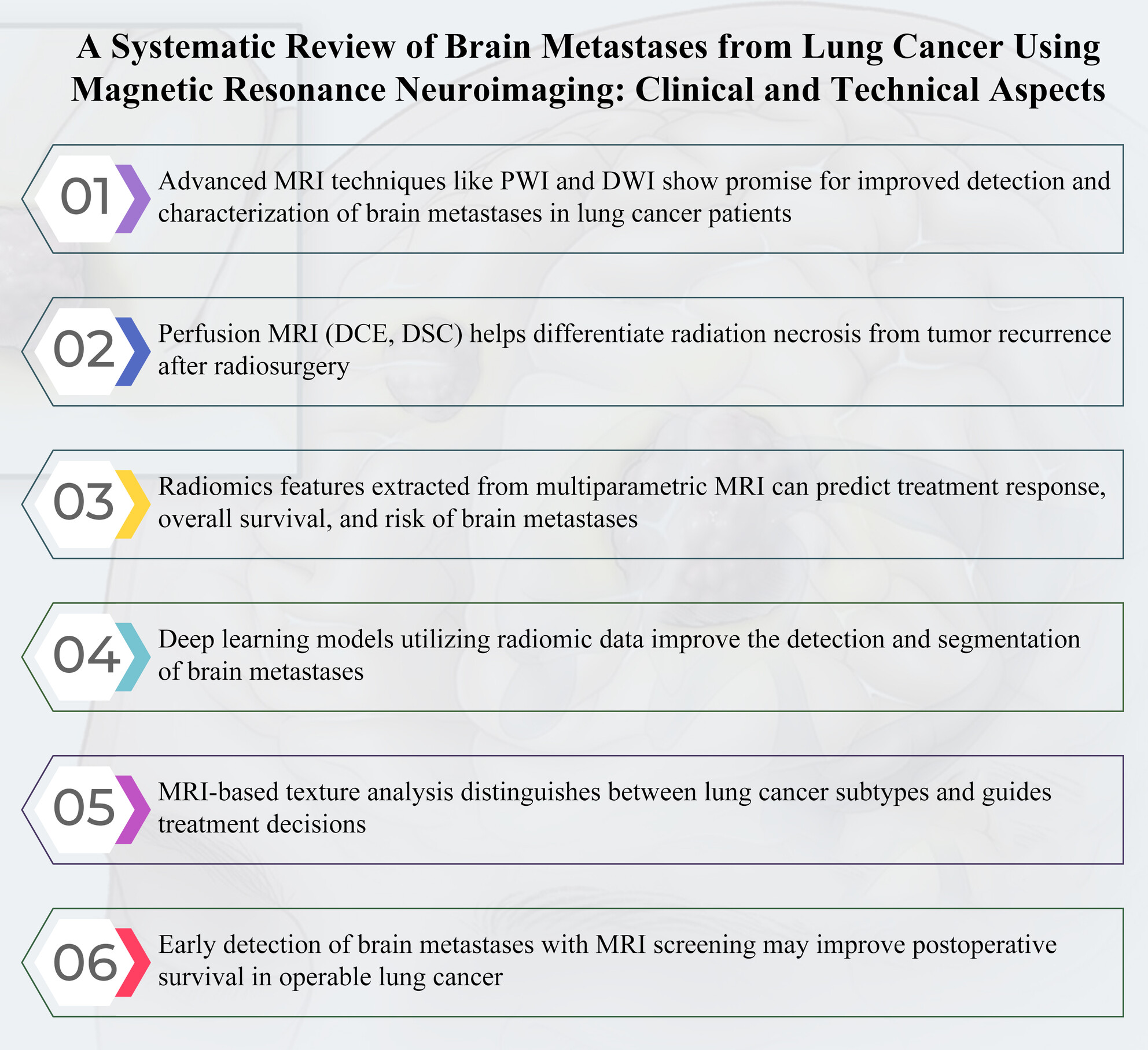
In this systematic review, we explore the latest advancements in MRI techniques used to detect and characterise brain metastases in lung cancer patients. We focus on MRI and machine learning methods, which have shown potential in enhancing diagnosis, prognosis and personalised treatment for those with lung cancer and brain metastases.
Commentaries
Automation and artificial intelligence in radiation therapy treatment planning
- Pages: 290-298
- First Published: 04 October 2023
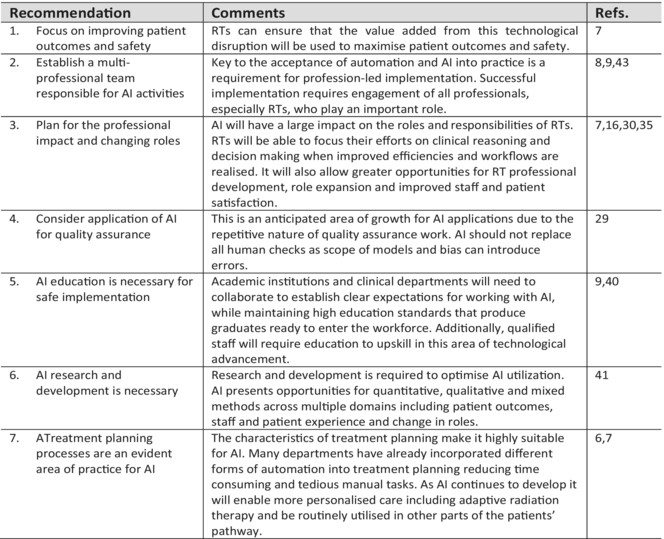
This commentary highlights the way AI has begun to impact radiation therapy treatment planning and looks ahead to potential future developments in this space. Radiation therapists will play an important role in how AI-based automation is implemented into practice in Australia, ensuring its application can truly enable personalised and higher-quality treatment for patients.
See something, say something: the coroner's perspective
- Pages: 299-303
- First Published: 04 January 2024
How I do it
Meaningful consumer engagement in medical radiation sciences: enhancing quality improvement and research projects
- Pages: 304-311
- First Published: 20 December 2023
Framework for a radiography student podcast
- Pages: 312-317
- First Published: 29 January 2024

This paper reports on the development of the ‘Breathe In Radiography Podcast’ series for radiography students and provides suggestions for evaluation. Podcast development followed a structured framework, including identification of podcast topics and expert guests, content development, audio recording, episode upload to host site and distribution. Using a framework was useful to guide development and ensure consistency across podcast episodes.
Continuing Professional Development
Continuing Professional Development - Medical Imaging
- Page: 318
- First Published: 12 May 2024
Continuing Professional Development - Radiation Therapy
- Page: 319
- First Published: 10 June 2024




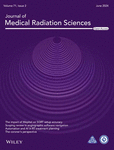
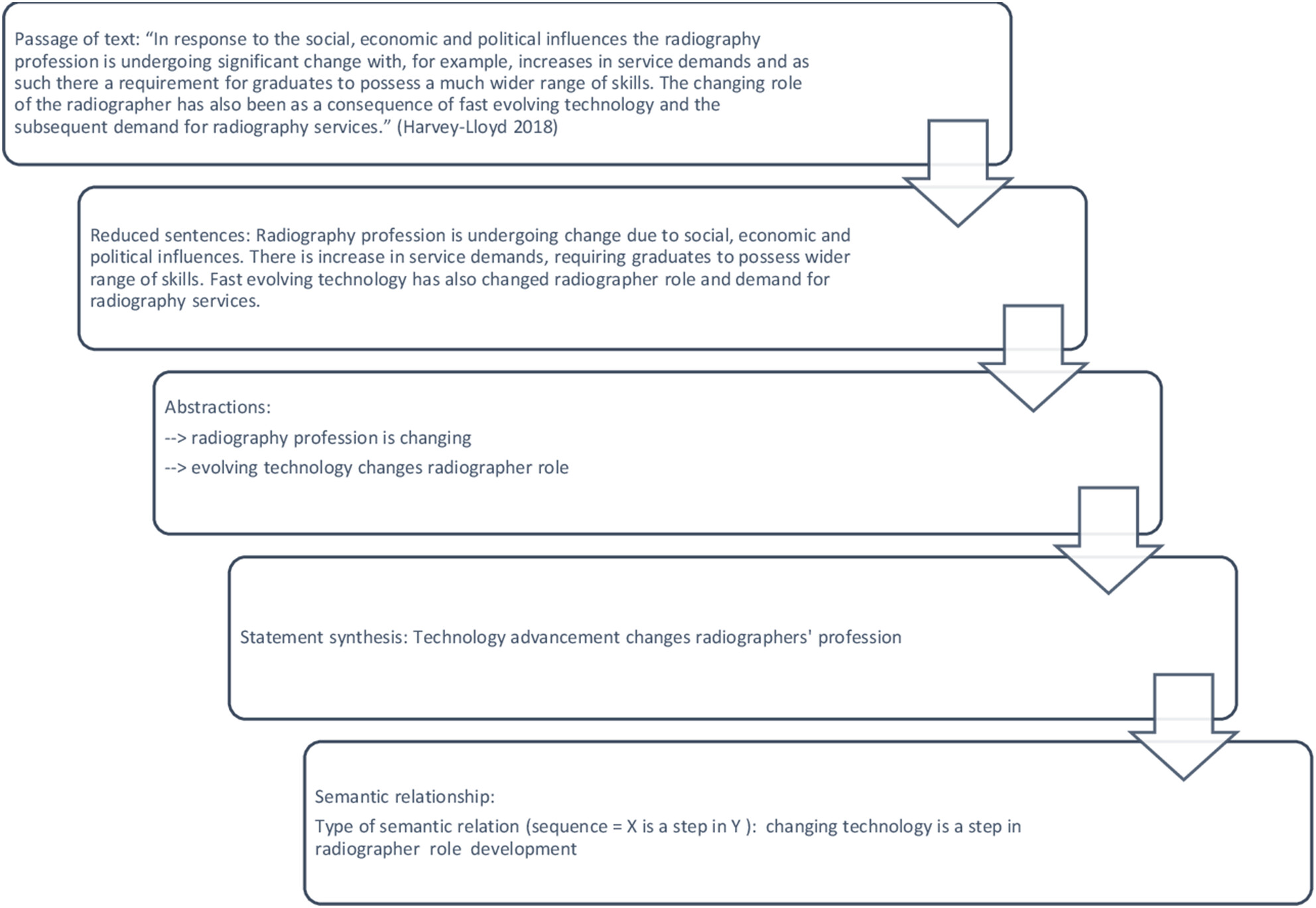
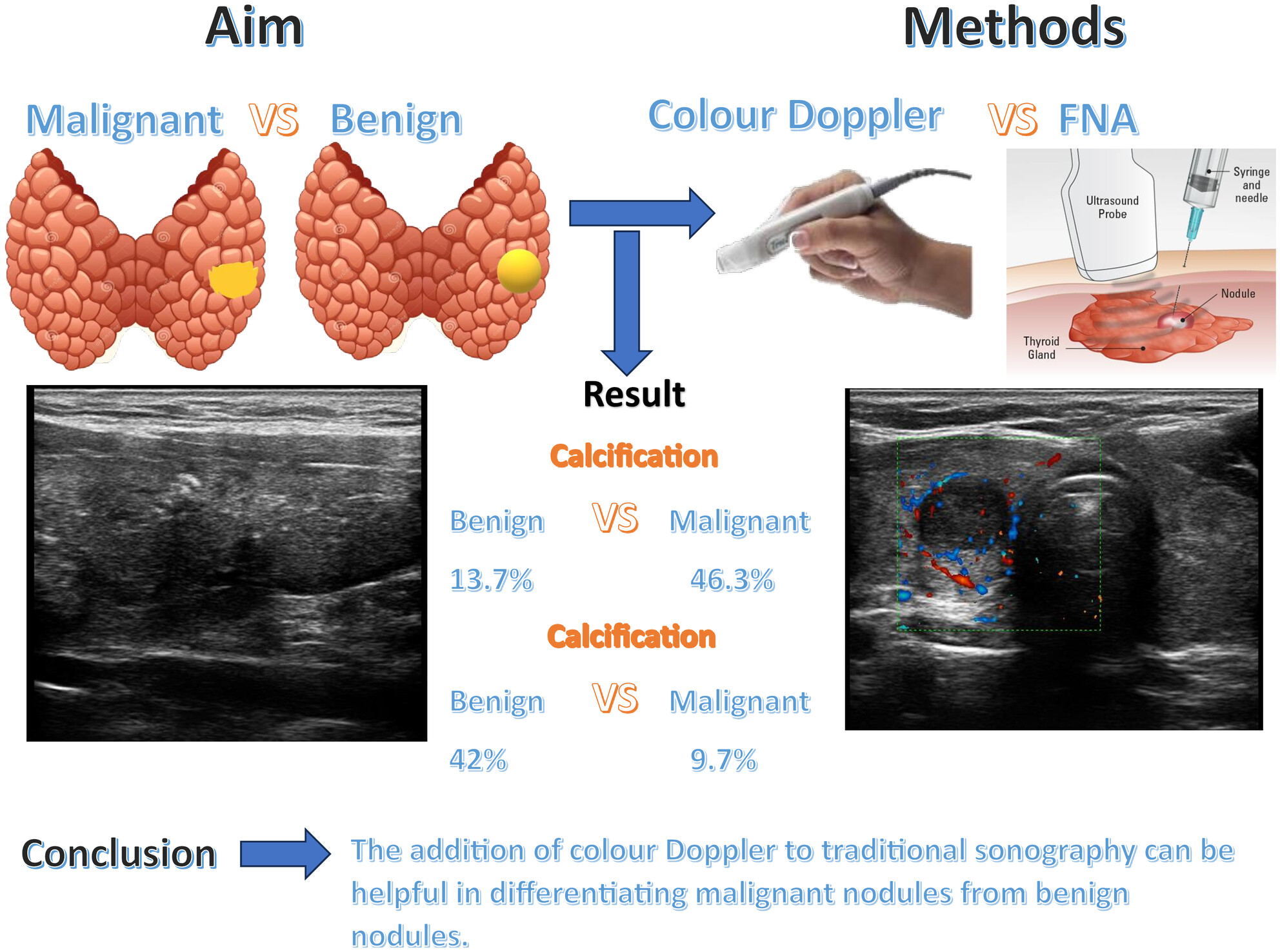
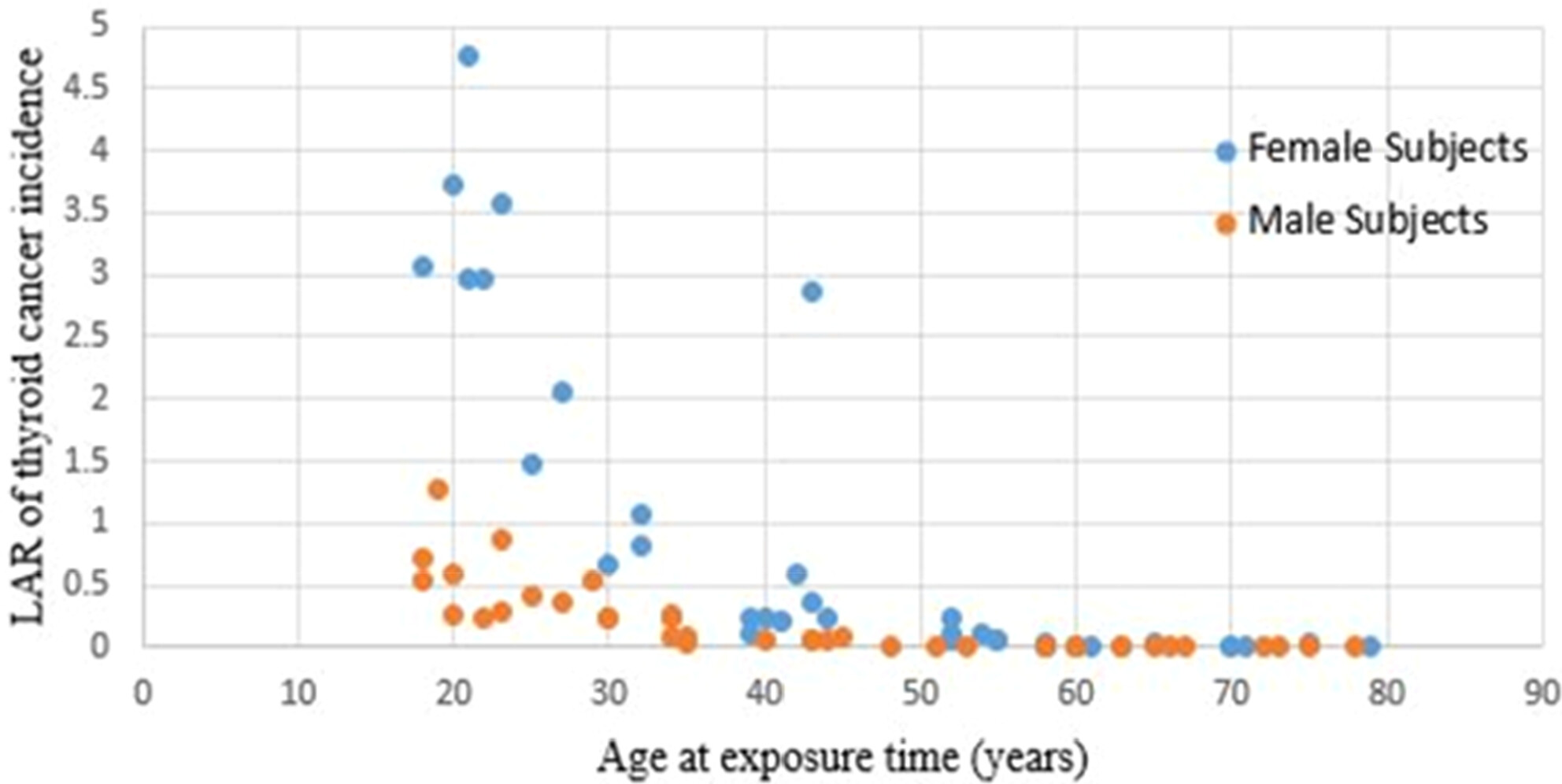
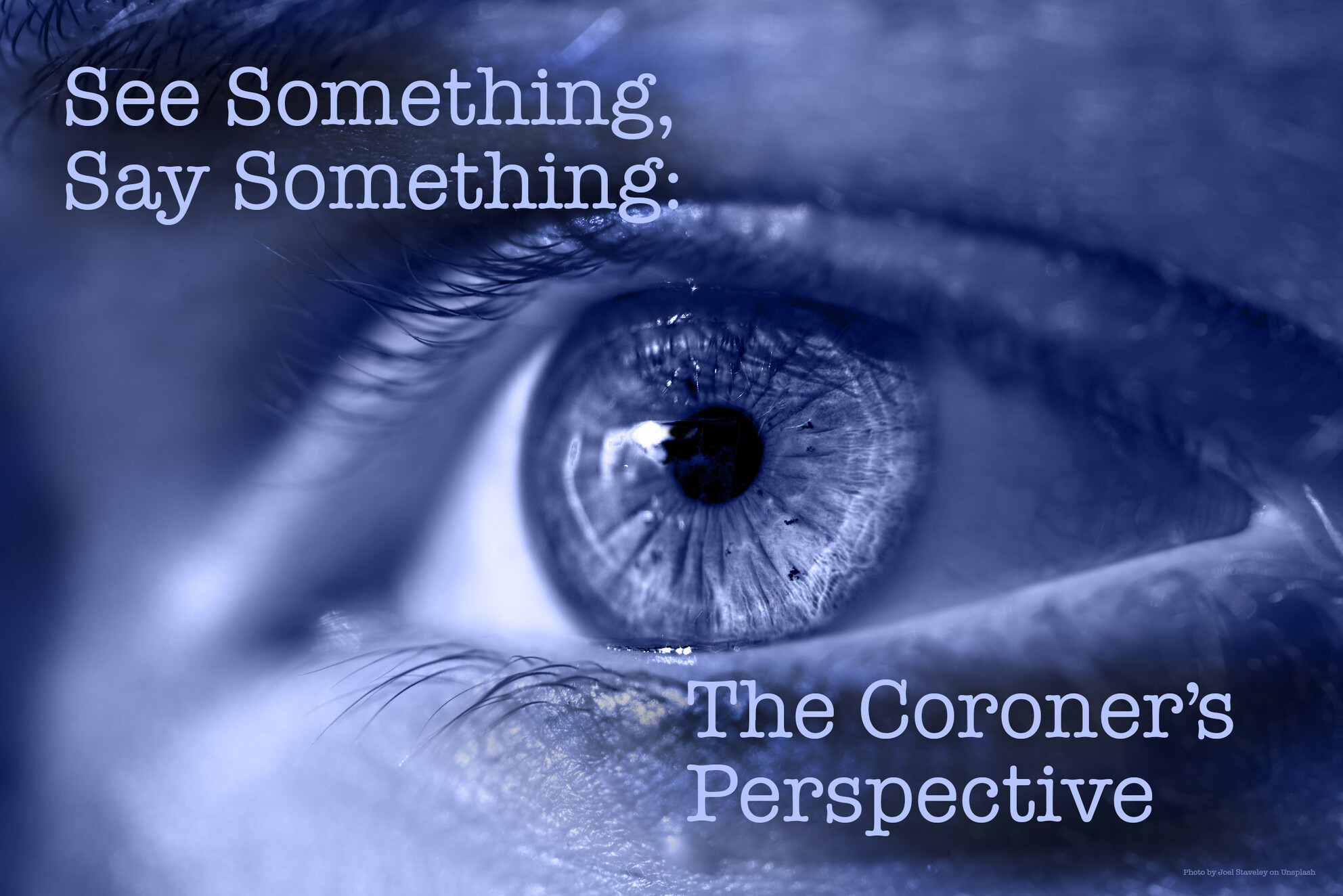
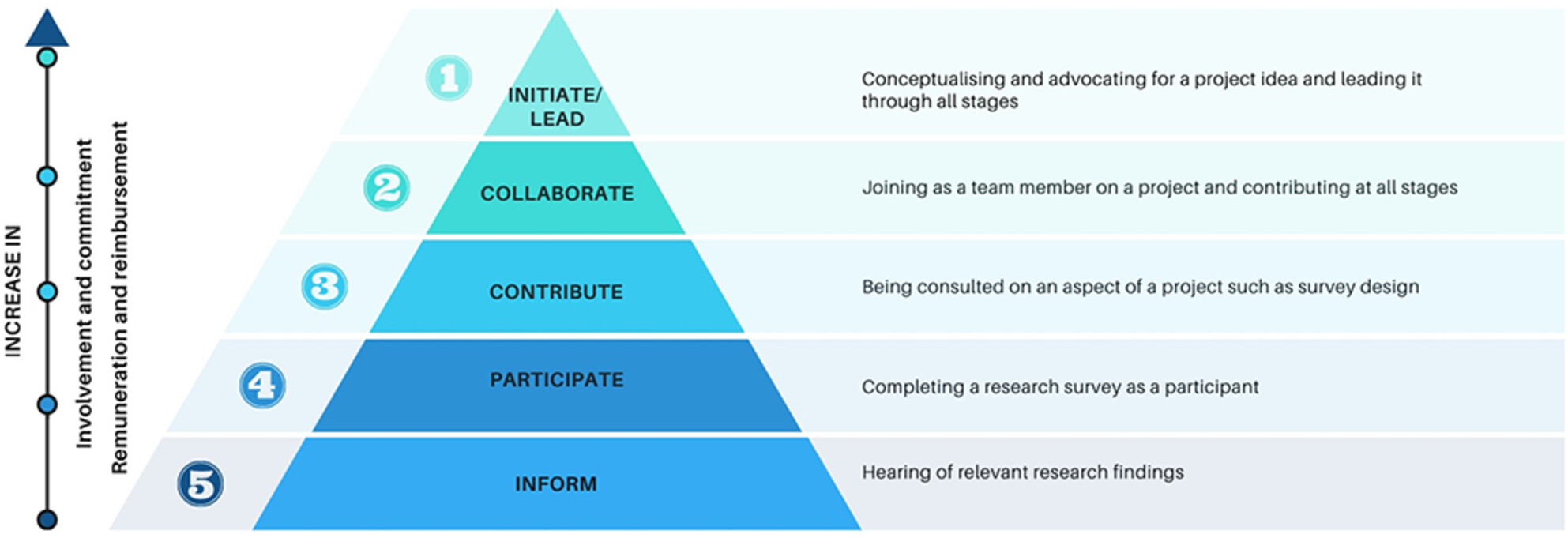
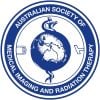
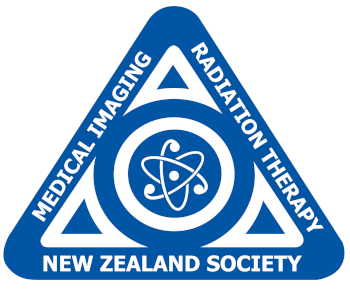

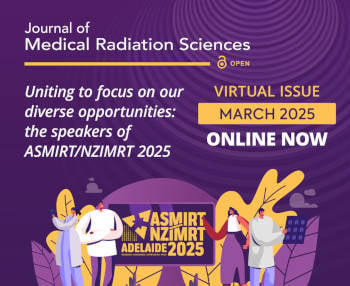
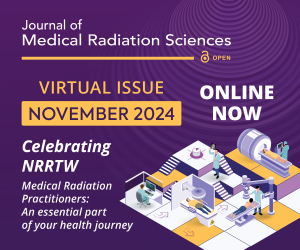
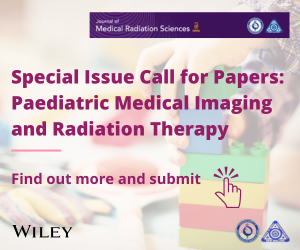
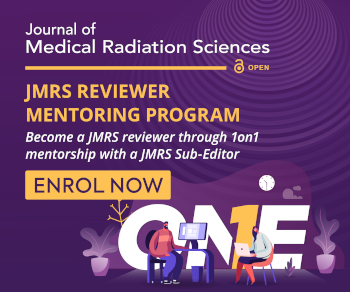
-1693813706.png)